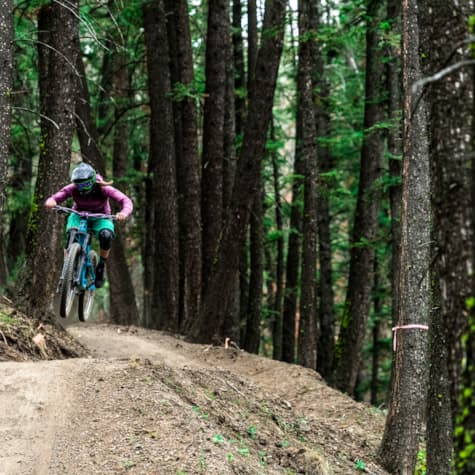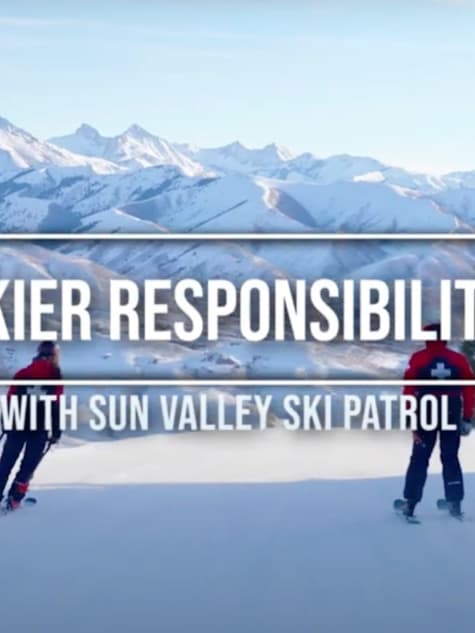Equipment Use Policy
The following skiing, riding, and sliding devices are allowed on the lifts and the mountain. Please note that not all devices are allowed on all lifts and that homemade equipment is not permitted.
Skis: Allowed with a working brake binding system or a retention device (must be worn while riding the slopes and lifts.)
Snowboards: Allowed with a retention device (snowboard bindings considered a device; leash preferred shawl riding the slopes and lifts.)
Telemark Skis: Allowed with a retention device (must be worn while riding the slopes and lifts) or a working brake system.
Monoskis/Sit-Ski: Allowed with a working brake system or retention device (must be worn while riding the slopes and lifts).
Snowblades: Allowed with a retention device (must be worn while riding the slopes and lifts.)
Ski Bikes/Snowbikes/Trikes: Allowed under following the parameters:
- The bike must have no more than three (3) skis, these skis must be under 150mm at their widest points.
- Must have metal edges on skis.
- Must have seat.
- Only one (1) rider per bike.
- Must be designed to load lift without slowing or stopping.
- Must be loaded within envelope/capacity of chair; bike counts as a rider on chairlift.
- No homemade bikes.
- Must wear a leash at all times (on lifts and on slope.)
Snowdecks: Allowed but must have metal edges and a leash and must be designed to load the lift without stopping.
All other equipment is prohibited including, but not limited to rubber-tired bikes, homemade equipment, sleds, tubes, toboggans, scooters, etc. Use of additional equipment such as, but not limited to, “speed wings”, parasails, gliders, or other such devices is prohibited at all times. If in doubt, please contact the mountain before arriving.
Adaptive Device Use Policy
Sun Valley Company allows the use of adaptive devices or other “manually-powered mobility aids” designed for use on the slopes, including mono skis, bi skis, skibikes, and outriggers. Reasonable accommodation for users of on slope “manually-powered mobility aids” will be made so long as such use does not create an undue burden on the safety and efficiency of normal operations. Users may be required to load and unload safely with minimal assistance or participate in an approved adaptive program. Additionally, the Sun Valley Ski Area offers or will arrange for adaptive equipment when requested in advance by individuals wanting to enjoy sports at the Sun Valley Ski Area.
Other Power-Driven Mobility Device Policy
Sun Valley Company in conjunction with the USDA Forest Service established a public access policy precluding motorized equipment on slopes and trails within the established boundaries of the Special Use Permit granted for public skiing access. That policy remains in effect.
The public access policy for Sun Valley Company was established to prevent serious harm to the environment and the natural resources. Due to the need to address soil integrity, erosion and vegetative concerns, the Ski Area has adopted a “no motorized” policy for the public during the summer season.
Due to concerns with actual safety practices in the winter season, Sun Valley Company has determined that the use of any power-driven devices or vehicles by the public would conflict with our safety requirements necessary for the reasonably safe operation of our on-slope activities.


